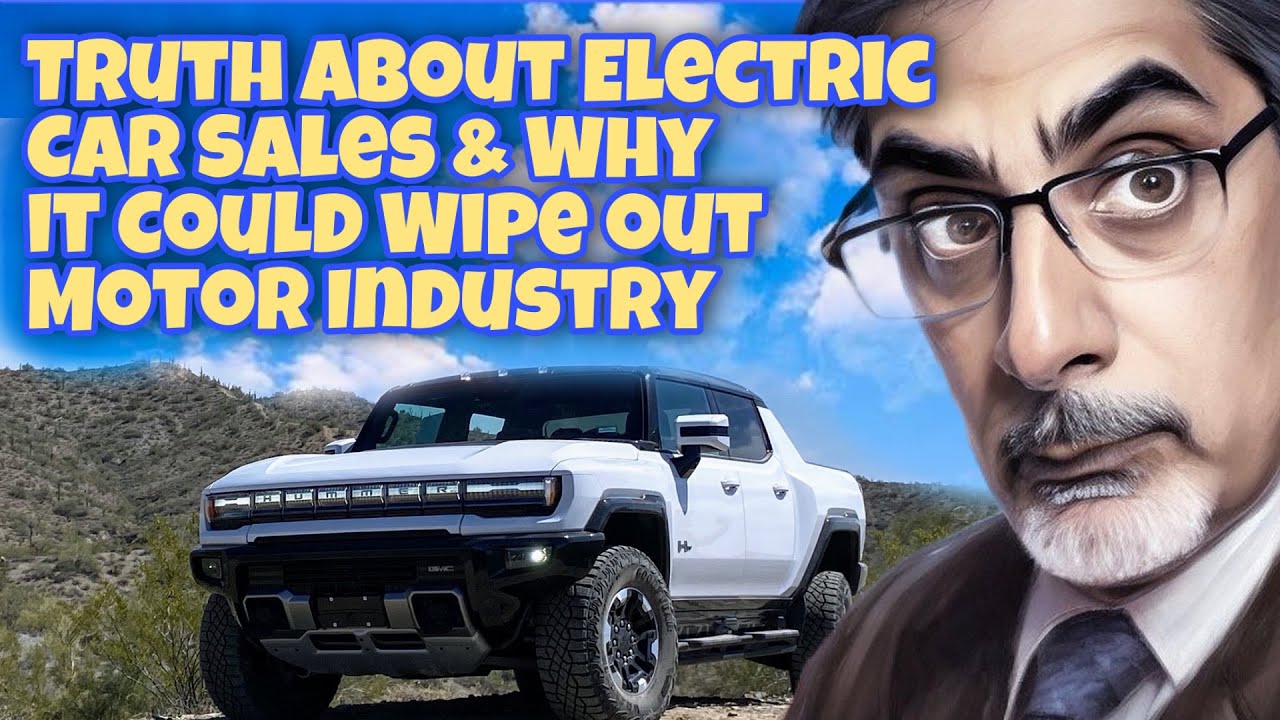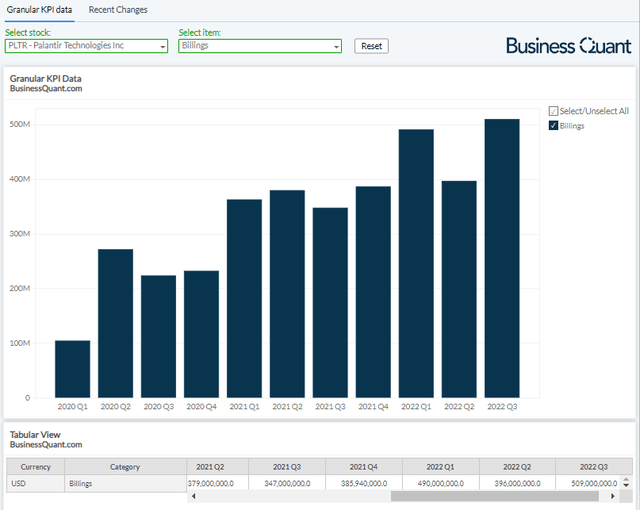The Auto Industry's Stand Against Mandatory Electric Vehicle Sales

Table of Contents
- Economic Concerns and the Viability of Mandatory Electric Vehicle Sales
- High Upfront Costs and Infrastructure Limitations
- Supply Chain Vulnerabilities and Resource Dependence
- Technological Readiness and Consumer Acceptance of Mandatory Electric Vehicle Sales
- Range Anxiety and Charging Infrastructure Gaps
- Performance and Technological Limitations of Current EVs
- Job Displacement and Economic Transition Challenges of Mandatory Electric Vehicle Sales
- Impact on the Internal Combustion Engine (ICE) Sector
- Geographic Disparities and Economic Inequality
- Conclusion
Economic Concerns and the Viability of Mandatory Electric Vehicle Sales
The auto industry's apprehension regarding mandatory electric vehicle sales is deeply rooted in significant economic challenges. The transition to a predominantly electric fleet presents substantial financial hurdles and risks that many manufacturers believe are not adequately addressed by current policy proposals.
High Upfront Costs and Infrastructure Limitations
The shift to EV production necessitates massive investments for automakers. Retooling existing factories to accommodate EV assembly lines, developing new battery technologies, and establishing robust supply chains are extremely capital-intensive undertakings.
- High battery costs: The cost of lithium-ion batteries remains a significant barrier to EV affordability and profitability.
- Lack of widespread charging infrastructure: The insufficient availability of public charging stations, particularly in rural areas, hinders consumer adoption and increases range anxiety.
- Need for specialized skilled labor: The manufacturing and maintenance of EVs require a specialized workforce, necessitating significant investments in training and recruitment.
The financial risk is substantial. If demand for EVs doesn't meet projections under a mandate, automakers could face significant financial losses. Smaller automakers, in particular, may lack the resources to adapt quickly and may be disproportionately affected. This economic uncertainty fuels the industry's resistance to the mandated adoption of electric vehicles.
Supply Chain Vulnerabilities and Resource Dependence
The production of EVs is heavily reliant on specific minerals and materials, particularly for battery production. This creates vulnerabilities in the supply chain, exposing the industry to significant risks.
- Geopolitical risks associated with sourcing rare earth minerals: Many crucial EV battery components rely on minerals sourced from politically unstable regions, creating supply chain disruptions.
- Potential for supply chain disruptions: Natural disasters, political instability, or unexpected resource shortages can significantly impact EV production.
- Price volatility: The prices of these crucial materials are highly volatile, adding another layer of uncertainty and risk to EV manufacturing.
Mandates could exacerbate these existing vulnerabilities. A sudden surge in demand without corresponding infrastructure improvements could lead to shortages, price hikes, and ultimately, production delays. Therefore, securing diverse and reliable sourcing strategies is vital before imposing widespread mandates for electric vehicle sales.
Technological Readiness and Consumer Acceptance of Mandatory Electric Vehicle Sales
Beyond economic considerations, concerns regarding technological readiness and consumer acceptance are key drivers of the auto industry's opposition to mandatory electric vehicle sales. Current EV technology still has limitations that hinder widespread adoption.
Range Anxiety and Charging Infrastructure Gaps
One of the most significant barriers to EV adoption is “range anxiety” – the fear of running out of battery charge before reaching a charging station. This concern is amplified by the uneven distribution and limited availability of charging infrastructure.
- Long charging times: Charging an EV can take significantly longer than refueling a gasoline-powered car.
- Uneven distribution of charging infrastructure: Access to charging stations is often limited, particularly outside of urban areas.
- Lack of fast-charging options in certain regions: The scarcity of fast-charging stations further exacerbates range anxiety and limits long-distance travel.
These factors significantly impact consumer acceptance. Until these issues are addressed, mandating EV sales could lead to market resistance and potentially harm the industry's long-term prospects.
Performance and Technological Limitations of Current EVs
Current EV technology still lags behind gasoline-powered vehicles in certain performance aspects. This technological gap contributes to consumer reluctance and influences the industry's opposition to mandates.
- Performance differences in certain vehicle types: Electric vehicles may have limitations in towing capacity, off-road capabilities, or acceleration compared to their gasoline counterparts.
- Higher purchase price: EVs generally have higher upfront costs compared to similar gasoline-powered vehicles.
- Shorter lifespan of batteries: EV batteries have a limited lifespan, requiring eventual replacement, which adds to the overall cost of ownership.
Significant technological advancements are necessary to overcome these limitations and increase consumer acceptance. Until these improvements are made, a mandatory transition could lead to market dissatisfaction and potentially hinder the successful adoption of electric vehicles.
Job Displacement and Economic Transition Challenges of Mandatory Electric Vehicle Sales
The rapid shift towards EVs poses significant challenges for employment and economic stability, contributing to the auto industry's reservations about mandatory electric vehicle sales.
Impact on the Internal Combustion Engine (ICE) Sector
The transition away from internal combustion engines (ICE) threatens job security in the ICE manufacturing and related industries.
- Factory closures: The shift to EV production could lead to the closure of factories producing ICE components.
- Job displacement for skilled workers: Workers with expertise in ICE manufacturing may face unemployment as demand decreases.
- Economic impact on communities reliant on ICE production: Communities heavily reliant on ICE manufacturing face significant economic hardship.
Retraining and reskilling initiatives are crucial to mitigate the negative impacts on the workforce. A gradual and well-managed transition is essential to support workers and communities affected by the shift to electric vehicles.
Geographic Disparities and Economic Inequality
The transition to EVs will not impact all regions and communities equally. Some areas are more heavily dependent on the ICE industry and may experience disproportionate economic hardship.
- Economic hardship in regions heavily dependent on the ICE industry: Regions with strong economies tied to the ICE sector face severe challenges in adapting to the shift.
- Challenges for less developed economies to adapt: Developing countries may lack the resources and infrastructure to transition to electric mobility as quickly as developed nations.
Policies supporting the transition must address the potential for economic inequality. A fair and equitable approach is essential to avoid exacerbating existing disparities and ensure a just transition for all. Creating sustainable and inclusive job opportunities in the EV sector is crucial for achieving a successful and equitable transition.
Conclusion
The auto industry's resistance to mandatory electric vehicle sales stems from a complex interplay of economic concerns, technological limitations, and societal impacts. While the transition to electric vehicles is undoubtedly necessary for environmental sustainability, a balanced and phased approach is crucial to avoid unintended consequences. Addressing the challenges related to infrastructure development, supply chain security, consumer acceptance, and workforce transition will be essential for a successful and equitable shift towards electric mobility. A collaborative effort involving governments, automakers, and consumers is required to navigate the complexities surrounding mandatory electric vehicle sales and create a sustainable future for the automotive industry. We need a thoughtful discussion around the realities of mandatory electric vehicle sales to ensure a smooth and beneficial transition for all.

 Transparency In Us Funding A Focus On Transgender Mouse Research
Transparency In Us Funding A Focus On Transgender Mouse Research
 Should You Buy Palantir Stock Today A Detailed Investors Guide
Should You Buy Palantir Stock Today A Detailed Investors Guide
 New Report Uk Government Considering Visa Restrictions For Certain Nationalities
New Report Uk Government Considering Visa Restrictions For Certain Nationalities
 Elizabeth City Police Investigate String Of Car Break Ins At Apartment Complexes
Elizabeth City Police Investigate String Of Car Break Ins At Apartment Complexes
 Stephen Kings 2025 Assessing Success Beyond The The Monkey Movie Adaptation
Stephen Kings 2025 Assessing Success Beyond The The Monkey Movie Adaptation
